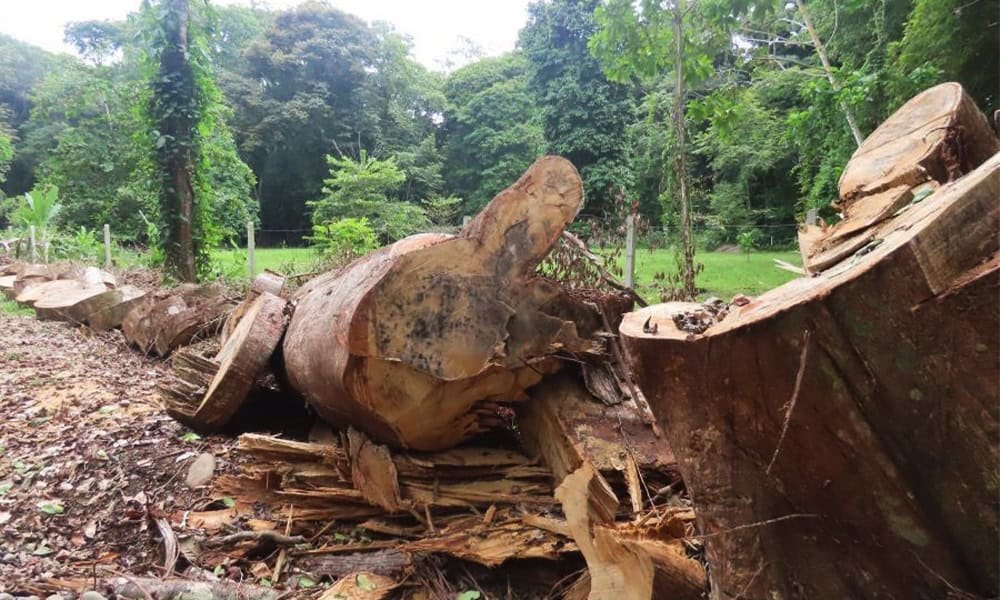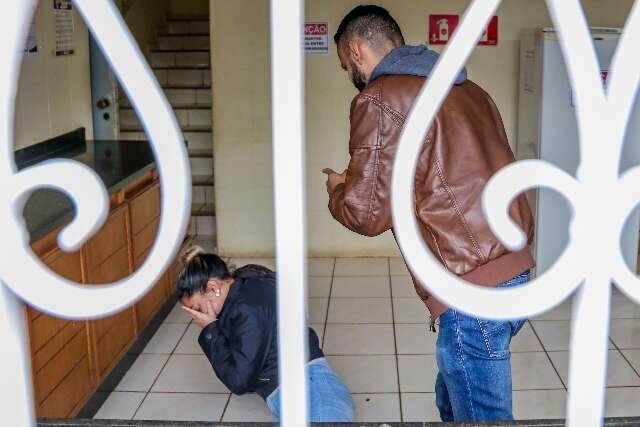A new report by the Comptroller General’s Office (CGR) revealed that poor management of the National System of Conservation Areas (SINAC) by the Ministry of Environment and Energy (MINAE) in granting forest use permits is compromising the conservation of forest resources in Costa Rica.
The report covered the Osa, Central Pacific, and La Amistad Caribbean conservation areas and assessed whether the processes, controls, and corruption prevention mechanisms related to forestry permits complied with the provisions of Forestry Law No. 7575 and other current regulatory and technical frameworks.
The CGR found that 83% of the permits analyzed failed to comply with technical and document management controls, which prevents the traceability of forest extraction and jeopardizes the sustainability of ecosystems. At the same time, 32 of the 49 permits reviewed did not have closure reports from forest managers, even though the contracts had expired.
The technological platform for forest management (SIREFOR) is inoperative, and the ¢325 million (about $613,000) budgeted in 2024 for its modernization was redirected to other expenses. The current system does not allow for the integration of modules or the systematization of updated data.
“Ninety percent of SINAC’s forestry files are not digitized, which hinders transparency and makes control difficult,” the CGR warned.
The report also criticizes the lack of an institutional strategy to strengthen ethics and prevent acts of corruption. Fifty-two percent of the processes analyzed are in the early stages of corruption risk management. In addition, the lack of effective citizen control mechanisms limits transparency and accountability, undermining public trust.
The Forestry Law establishes the protection, conservation, and sustainable use of the country’s forests as a priority function of the state. SINAC is the entity responsible for authorizing forest exploitation, and its management must ensure that this activity is carried out in a technical, planned manner and in accordance with the law.
However, the lack of standardized controls, the absence of effective supervision, and the deterioration of information systems have exposed the country to risks such as illegal logging, even in protected areas, according to the Comptroller’s Office.
The report urges SINAC and the Ministry of Environment and Energy (MINAE) to take urgent strategic decisions to correct these structural deficiencies, including the effective implementation of the National SIREFOR Program, which has already been declared of public interest.
Following the release of the CGR’s analysis, the Ministry acknowledged that the Comptroller’s Office “identified some potential opportunities for improvement” in what it described as an “extremely complex and distributed” process throughout SINAC’s organizational structure.
In response, MINAE announced that it would request a hearing with the CGR to “review the report in detail and understand the best way to proceed.”




